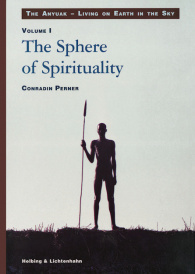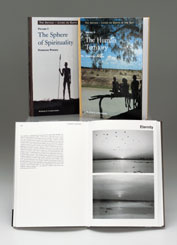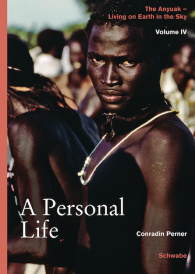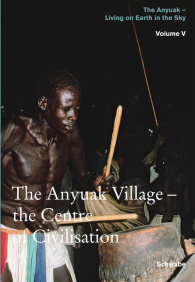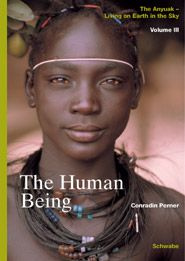
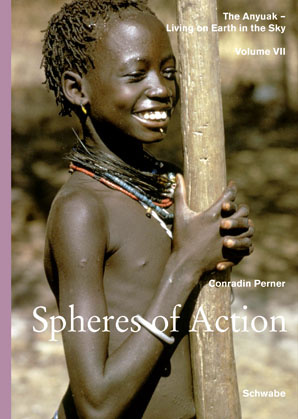
The monograph on the history and culture of the Anyuak is the result of more than five years of fieldwork (1976–1983). It is a welldocumented, detailed and passionate description of an African people’s spiritual and material world, their culture and history. Myths, oral traditions, stories, maps, genealogies, records of tales, songs and other music, as well as a great number of photographs invite the reader to join in the journey through the universe of the Anyuak in order to make their own discoveries or simply to participate in the spiritual adventure.
The Anyuak live on both sides of the border between South Sudan and Southwestern Ethiopia. They are relatives of the better known Shilluk, Dinka and Nuer, but have turned from cattle herders into fervent agriculturalists. The Anyuak are a highly intellectual, strong-minded and well-organised people who have created, in the middle of so-called wilderness, a centre of human civilisation. If their socio-political system is of a particular interest, their philosophy is equally fascinating: it centres on the human person and governs his or her relationship not only within human society but also with animals, earthly matters and spiritual forces. Thanks to their stubborn, almost desperate belief in the essential goodness of existence and the positive forces of life, the Anyuak have – in spite of all pressures from outside – up to now succeeded in preserving their cultural identity and maintaining their pride of being "pure human beings".
The first four volumes of the monograph describe the sphere of the above (the sphere of transparency), the sphere of the below (the sphere of material existence, the earth) and the space between them (the sphere of human self-awareness and the period of personal existence). Volumes V and VI focus on the Anyuak village and its physical, social, judicial and political structures, and examine the lively sphere of collective experience under a forceful leadership, which embodies the community’s self-awareness.
Volume VII investigates the economic and material values of the Anyuak, in particular the social aspects of labour, such as solidarity, sharing within the community, and cooperation. It focuses on the daily or seasonal activities of women, men and children: in the fields; on the riverside and at home; during working hours; or while traveling, trading, and at times of rest. The text, with accompanying pictures and illustrations, highlights important aspects of agriculture; hunting and gathering; tobacco; on the making of tools, utensils and handicrafts; and on the rituals of cooking, eating, drinking, and smoking. The book ends with a chapter on art, which illustrates the Anyuak artistic self-awareness in all aspects of life.
Bevorstehende Veranstaltungen
Bibliographische Angaben
| Reihe | The Anyuak - Living on Earth in the Sky |
|---|---|
| Seitenanzahl | 285 arabisch |
| Tabellen | 23 |
| Abbildungen | 330 s/w, 31 farbig |
| Format | 21.5 x 31 cm |
| Bindung | Buch, Gebunden |
| ISBN | 978-3-7965-3465-2 |
| Erscheinungsdatum | 28.10.2016 |
